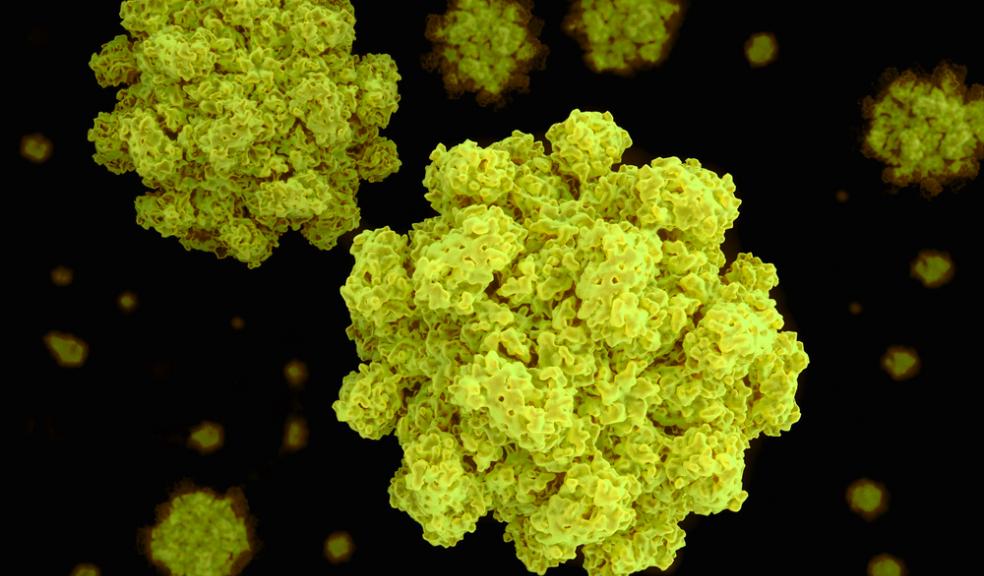
Containing norovirus "vital" say Plymouth's public health teams
Plymouth City Council’s Public Health team is reminding people of how to protect themselves against the winter vomiting bug, or norovirus, that can affect anyone of any age. It is highly contagious and spreads by contact with an infected person, by touching contaminated surfaces or by eating or drinking contaminated food or liquid. The symptoms of norovirus are very distinctive such as the sudden onset of nausea followed by sickness and diarrhoea.
Interim Director of Public health Stephen Horsley said: “Good hand hygiene really is the key to stopping the spread of the virus. Use soap and water to wash your hands after using the toilet and before preparing food or eating. Don’t rely on alcohol gels as these don’t kill the virus.
“Don’t go to your doctor or the hospital if you have the symptoms, if you’re worried call the surgery or the NHS number 111. Older people and young children can get a more severe infection but most people make a full recovery in a couple of days. There’s no specific treatment, you just have to let the virus run its course and drink plenty of water.”
People with these symptoms are also asked not to visit friends or relatives in hospital or care homes as they can easily spread the virus.
Cabinet member for Public Health and Adult Social Care, Councillor Sue McDonald said: “Preventing the spread of norovirus in our communities is vital, if it gets into care homes or hospital wards it can cause serious problems for residents, patients and staff and often care home staff often have to rely on statutory sick pay. The number of cases varies from year to year but the worst time of year is the winter months.”
Dr Stephen Harris, a GP from the Plymouth area and chair of the Western Locality of Northern, Eastern and Western Devon Clinical Commissioning Group added:“If you are suffering with symptoms of norovirus we’d urge you not to visit hospitals or care homes until you have been free of symptoms for at least 72 hours as you risk passing on the bug to people who already have reduced immunity and are more likely to catch it.
“Staff at our hospitals work very hard to identify and contain cases of norovirus, but it is sometimes necessary for them to close bays or wards to new admissions and restrict visiting if there are any confirmed cases. Hospitals are traditionally under pressure during the winter months and closing beds due to norovirus just creates extra pressure on the hospital.”











